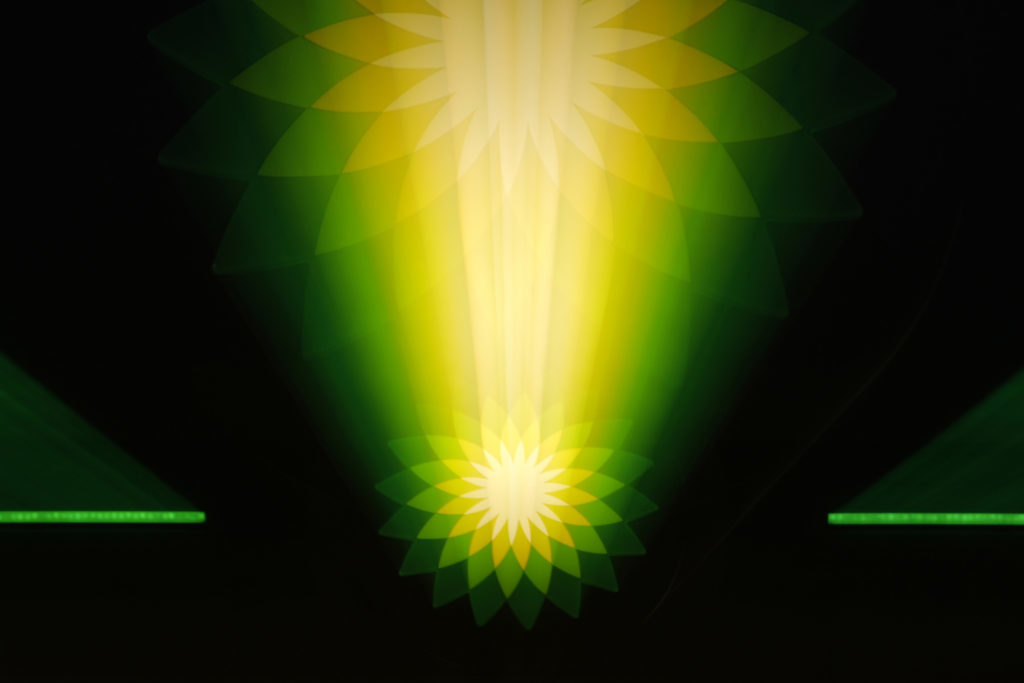
Energy giant BP has received its first licence to turn household rubbish into low carbon jet fuel.
Fulcrum Bioenergy, the BP-backed US start-up, are using Fischer-Tropsch (FT) technology to convert household trash into gas, which can then be converted into fuel.
BP’s head of group research, Angelo Amorelli, said: “BP first got interested in a technology called Fischer-Tropsch, or FT, in the 1980s while looking to turn gas into liquid fuel. But, with the roller coaster of oil prices, the project to develop the FT technology at our UK sites almost got shut down.
“The breakthrough came five or so years ago, when we started to explore the potential for our FT process to turn biomass into fuels.”
FT technology works by converting synthesis gas – a mixture of hydrogen and carbon monoxide – generated from sources, such as municipal solid waste and other renewable biomass, into the sorts of long-chain hydrocarbon molecules that make up diesel and jet fuels.
From it’s Sierra Biofuels plant in Nevada, BP is expected to convert approximately 175,000 tons of household garbage into approximately 11 million gallons of fuel each year, the equivalent of more than 180 London to New York return flights.
Mr Amorelli added: “I’m so pleased our technology can help to deliver innovative low carbon fuels that can play an important role in the energy transition. We see this first licence as a stepping stone to other similar opportunities.”
